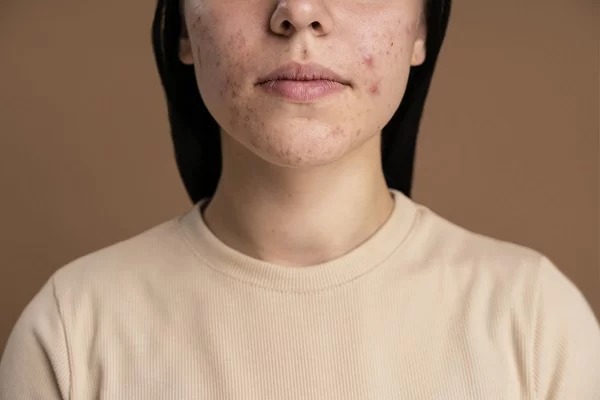Polycystic ovary syndrome, commonly known as PCOS, is a hormonal disorder affecting how women’s ovaries work. Women belonging to the reproductive span —15 to 49 years of age — suffer from it.

Kolkata: If you are suffering from irregular periods or no periods at all or you are gaining weight and your body hair growth has suddenly increased, you may be suffering from PCOS — Polycystic Ovary Syndrome. While PCOS is now common among women, ignoring it may lead to severe illnesses, including hypertension and also cancer.
Here’s a guide to PCOS.
What is PCOS?
Polycystic ovary syndrome, commonly known as PCOS, is a hormonal disorder affecting how women’s ovaries work. Women belonging to the reproductive span —15 to 49 years of age — suffer from it. Nowadays, it has become so common that one out of every five women in the world have PCOS. The syndrome is associated with metabolic issues like obesity, insulin resistance, type 2 diabetes mellitus and hyper-insulinemia. Past studies have shown that almost 50% of the women having polycystic ovary syndrome are obese and about 60% to 80% of them have insulin resistance.
How do you know whether you are suffering from it?
The common symptoms of PCOS are irregular periods or no periods at all; difficulty in getting pregnant due to irregular ovulation; excessive hair growth also known as hirsutism usually on the face, chest, back or buttocks; thinning of hair or hair loss from the head. Women with PCOS also experience weight gain and oily skin or acne.

What are the causes of PCOS?
The exact causes of PCOS are yet to be known. However, evidences show that genes play a very important factor. High level of the male hormone called androgen is one of the probable causes of it because of which the process of ovulation is hindered.
Diagnosis and treatment of PCOS
Women who are diagnosed with PCOS should monitor their health status at regular intervals to avoid any kind of future complications. If left untreated, the serious complications that can come up are risks of hyper-tension, hyperglycaemia and even endometrial cancer.
Are PCOS and PCOD the same thing?
There is a slight difference between polycystic ovary disorder (PCOD) and polycystic ovary syndrome (PCOS) where the latter is a much more severe form of the former. PCOD unlike PCOS does not have much serious complications but PCOS as discussed earlier, may lead to major complications.
How can one cure PCOS?
There is no permanent cure to polycystic ovary syndrome. However, there are ways in which one can reduce the symptoms and keep it in control. Doctors often recommend medications like birth control pills and progestin therapy which help in regulating periods and thus reduce the symptoms of PCOS. However apart from all this, it is equally important to have a healthy diet and lifestyle.
The natural remedies to manage PCOS are avoiding processed food, having balanced carbohydrate and protein diet, consumption of iron rich food (spinach, eggs, broccoli) and magnesium rich foods (almonds, cashews, bananas etc), cutting down on caffeine and last but not the least 7 to 8 hours of sleep.
